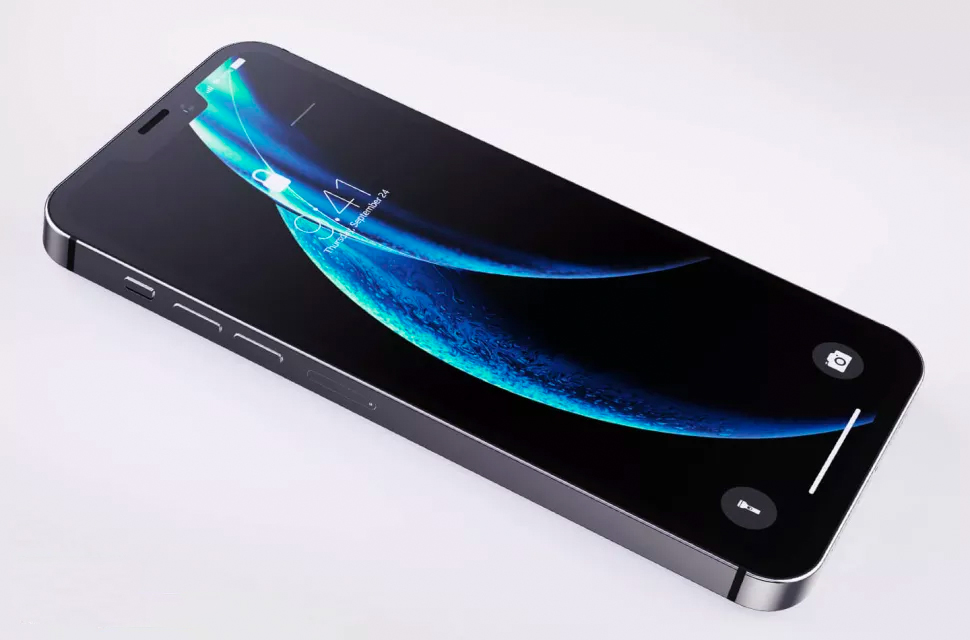iPhone 12 leak just revealed a big 5G surprise
iPhone 12 will support mmWave and sub-6GHz 5G, but the iPhone 13 won’t

Despite rumors to the contrary, all four models of the iPhone 12 will support both the sub-6GHz and mmWave 5G networks.
Sources familiar with Apple’s iPhone plans told DigiTimes (via Wccftech and MacRumors) that the quartet of iPhone 12 handsets will come with comprehensive 5G support, but come 2021 the iPhone 13 will settle on single-band 5G support. It was previously rumored that the standard iPhone 12 and iPhones 12 Max would only have sub-6GHz 5G connectivity while the Pro models would have dual-band network support.
- New iPhone 12 and iPhone 12 Pro: Release date, price, specs and leaks
- Plus: OnePlus Nord launch live blog: All the big news as it happens
- Just in: Google Meet just got a killer feature Zoom can’t beat
This might seem like an odd move, but it would suggest Apple will have the scope to configure its future iPhones to support the 5G networks most prominent in the nations they are being sold in. For example, mmWave 5G is more advanced in its roll out in the U.S. than it is in the U.K., where sub-6GHz 5G is more prevalent.
Most users won't notice the impact of this decision, but it does mean the iPhone 13 won't have the same versatility as the iPhone 12 as a result. However, it will likely mean it's cheaper because it won't need the dual-band modem, and could help increase Apple's share of the 5G phone market by shifting plenty of handsets.
The iPhone 13 is still over a year away from launch, and therefore still a mostly unknown entity. However, one notable rumor said the iPhone 13 is going to be Apple's first without any ports for charging or data transfer, with the phone relying completely on wireless methods.
iPhone 12 5G
Back to the iPhone 12, the reason Apple will be able to use both 5G versions is through the installation of Snapdragon X60 modems. These Qualcomm-made modem chips support both mmWave and sub-6GHz, and will therefore give the iPhone 12 versatile 5G compatibility.
Apple is apparently making this decision in order to give its 5G devices the best start possible against Android competitors, which in some cases have been shipping 5G compatible devices for over 12 months. While it's unlikely that users will see the need to have sub-6GHz and mmWave support in the same phone, it may benefit a small number of frequent travellers who will appreciate having the fastest possible mobile internet in all countries with any kind of 5G network present.
Get instant access to breaking news, the hottest reviews, great deals and helpful tips.
The iPhone 12 is thought to be arriving in September, with handsets potentially shipping in October. Aside from 5G, the four-phone range will also be introducing OLED displays on all models and the A14 Bionic chipset.
The iPhone 12 Pro and iPhone 12 Pro Max may also get 120Hz ProMotion refresh rate, although this is apparently still uncertain. As is the rumor that has claimed the iPhone 12 Pro Max will be the only model of the upcoming iPhones to have a LiDAR depth sensor on its rear camera array. We'll have to wait a little longer before we find out which rumors bear fruit.

Richard is based in London, covering news, reviews and how-tos for phones, tablets, gaming, and whatever else people need advice on. Following on from his MA in Magazine Journalism at the University of Sheffield, he's also written for WIRED U.K., The Register and Creative Bloq. When not at work, he's likely thinking about how to brew the perfect cup of specialty coffee.
 Club Benefits
Club Benefits





